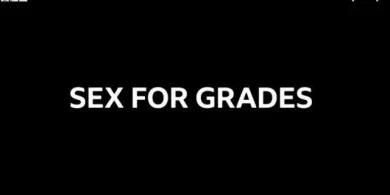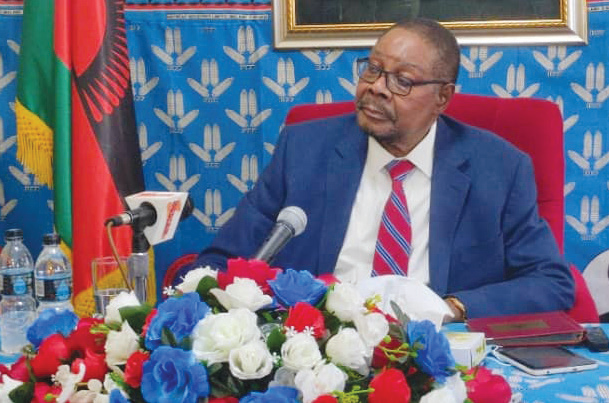Presidents should govern on public trust, consent
Section 12 sub-section 1 (a) of the Malawi Constitution states: “All legal and political authority of the State derives from the people of Malawi and shall be exercised in accordance with this Constitution solely to serve and protect their interests.”
Likewise, Section 1 sub-section 1 (c) states: “The authority to exercise the power of State is conditional upon the sustained trust of the people of Malawi and that trust can only be maintained through open, accountable and transparent Government and informed democratic choice.”
In summary, the political authority of the State and all its agents comes from the people and can only be held when local authorities maintain that trust by providing periodic and informative updates that reaffirm that they are governed according to their interests.
The media is one of the informal agents that keep political authorities in check to ensure that they do not step out of their mandate to govern according to the interests of the people and start pursuing narrow political and selfish interests.
It was, therefore, surprising that the President laid into The Nation, one of the country’s premier dailies, for publishing a story which stated that the President has been “sitting” on a reforms report.
In his response, the President highlighted a number of “achievements” that he feels the media are conveniently ignoring, including the enactment of the Access to Information Act and the success of negotiations with multilateral institutions.
It is ironic that the President wants recognition and praise for enacting the Access to Information Act when he is sullenly withholding information on a reform report that Malawians need to evaluate the performance of his presidency.
What good is a law, if the President, its custodian blatantly refuses to follow it?
Lest he forgets, the public sector reforms were commissioned and funded by taxpayers to contain corruption and mismanagement in the public sector, which some governance specialists believe costs the government 30 percent of the value of the national budget every year.
In an ideal sense, a key metric of success would be to show that he has reformed the public finance management framework and successfully eradicated single-source procurements in all government Ministries, Departments and Agencies (MDAs).
Or better yet, ensure that all MDA are audited on time and ensure that public officers are appointed on merit based on how the individual’s academic qualifications and professional experience align with the requirements of a public office.
Instead, Malawi’s most valuable person feels the success of the public sector reforms should be based on his progress in the negotiations for an Extended Credit Facility (ECF) with the International Monetary Fund and the Millenium Challenge Compact.
Fun fact, Malawi has not yet secured the ECF.
It is also important to note some of the so-called progress in the negotiations with the IMF involve rolling back the changes that Chakwera and his Tonse-led administration made when they took office.
When the nine-part alliance took power in 2020, it implemented the Affordable Inputs Programme and revised the county’s Pay-As-You-Earn (Paye), contrary to the fund’s principles of fiscal consolidation and management.
Must Malawians line up the streets and applaud the president and his lieutenants for reversing the damage they made in their need to accomplish the campaign promises they made in the run-up to the 2020 presidential election?
Some sections of the public do not think so. What they need are concrete plans and strategies that the government has put in place to eradicate the looting, cronyism and institutionalised corruption that flourished in past regimes.
If the public is not impressed with the Tonse Alliance so far, it is because it still sees people connected to the presidency and members of their families securing top positions in the civil service and diplomatic missions even when they are not the best candidates to fill those positions.
The President should not fault the media for presenting the truth even when it is not convenient for him or undermines his political interests. The Presidency has a constitutional mandate to govern as he sees fit, so long as it does not compromise people’s legitimate interests.
Likewise, the media has the right to hold political leaders accountable to the public. The two institutions exist for the same reason, there is no need for the relationship to sour when each follows their mandate.





